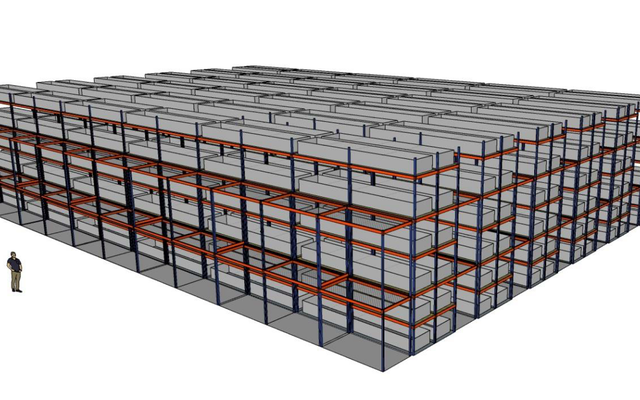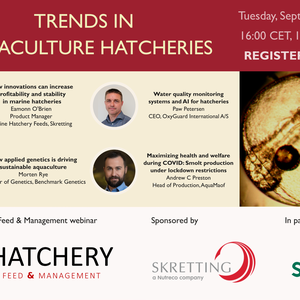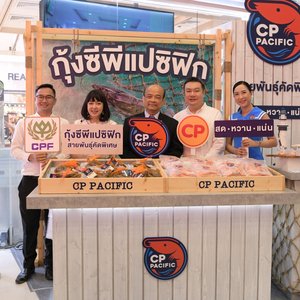Oceanus Group Limited invested in Universal Aquaculture for deep tech indoor shrimp farming. Universal Aquaculture, a newly-formed deep tech company, developed an indoor farming facility using Hybrid Biological Recirculation System (“HBRS”) POD technology.
“This indoor farming facility uses the HBRS POD technology which is the world’s first hybrid biological recirculation system. It is the next generation in aquaculture water treatment which reduces the need for large water treatment tanks and equipment, thereby saving space, energy and water consumption, while creating perfect water conditions for breeding within a shorter period of harvesting time,” said Oceanus’ Chief Executive Officer, Peter Koh.
Hybrid Biological Recirculation System (“HBRS”)
Universal Aquaculture's HBRS is a quantum leap in water treatment engineering. This innovative system uses a sophisticated mechanical and biological system together, producing the best water quality possible for aquaculture. A traditional RAS uses more mechanical filtration that consumes a lot of power while a purely biological system (“Biofloc”) relies mainly on biological filtration with very minimal mechanical filtration.
Universal Aquaculture's HBRS is a reinvention using important components from both systems that are well-suited for aquaculture applications. The HBRS system consumes a much lower level of energy by using a combination of specially selected microbes to enhance the biological filtration, thereby also facilitating a zero water change and a significant reduction of feed conversion ratio.
This technology consists of multi-layered tanks designed especially for a range of species of shrimps and certain fishes including seabass, tilapia and Jade Perch.
“The current COVID-19 situation underscores the importance of local food production, as part of Singapore’s strategies to ensure food security and self-sufficiency. We are optimistic that this breakthrough in technology for prawn breeding in a vertical farming environment, where aquaculture could take place within warehouses, will play an important role in sustainable urban food production,” concluded Koh.













